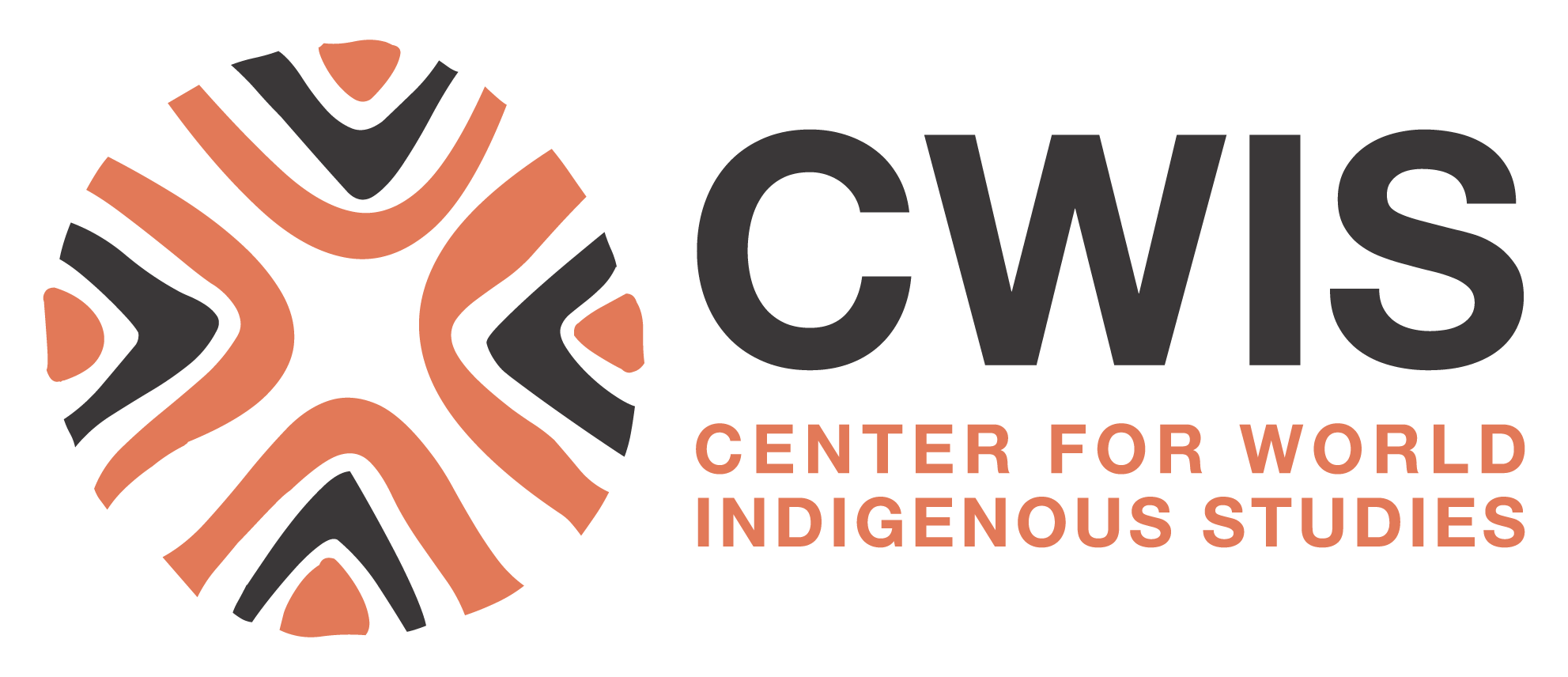
Unlock
Our Salish Country Cookbook
When you sign up for our newsletter

Suffering, in real danger of being wiped out from a hepatitis B infection is the indigenous nation of the Candoshi, estimated at 2,500, in Peru’s northern Amazon jungle.
After Candoshi chief Venancio Ucama Simon’s dramatical call on the government, Health Minister Oscar Ugarte declared a health emergency in the area to tackle the hepatitis B epidemic that broke out in the 1990s, when an oil company, Occidental Petroleum Corporation was granted exploration rights in the jungle region. The epidemic has gone unchecked ever since with 2000 Candoshi said to be infected by now.
Decades of (medical) inattention by Peru’s health authorities are furthermore threatening the Shapra, Awajun, Achuar and Huambisa who live in remote Datem del Maranon province, in Peru’s north where they are praised for their conservationist cultures. There have been lots of deaths already. Reports also stated that AH1N1 infuenza is present in the region.
When health minister Ugarte said the hepatitis B treatment to be very expensive an indigenous representative at a Press conference in Lima this week asked whether due to the high cost of treatment, “they’re going to let our people die out?”
Resources to the health network urgently have to be provided to also protect the population of other diseases, such as rabies and leprosy. If nothing is done to help the people the land might soon be empty for economic development.
Sure everybody knows human lives do not go on forever. However why do we, as parents and grandparents live as if there were no next generation? How can we (make) believe there is not enough money? Money to simply safe life. Life which is invaluable and contains a world of incredibly powerful knowledge?
The library is dedicated to the memory of Secwepemc Chief George Manuel (1921-1989), to the nations of the Fourth World and to the elders and generations to come.
access here